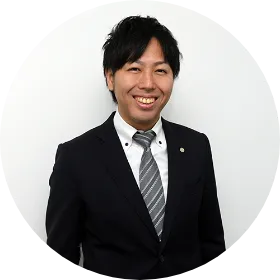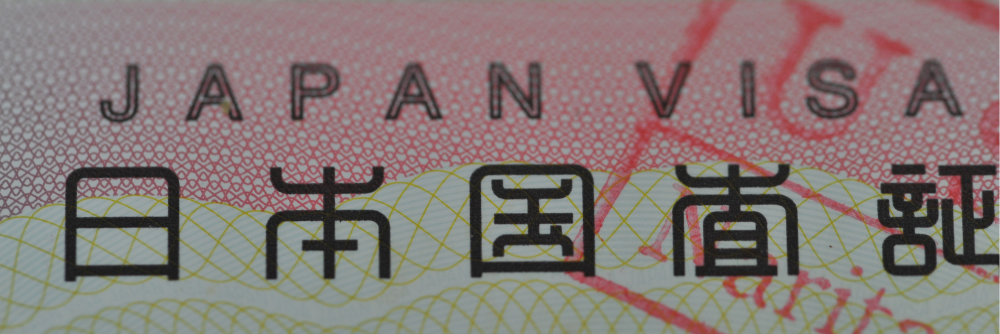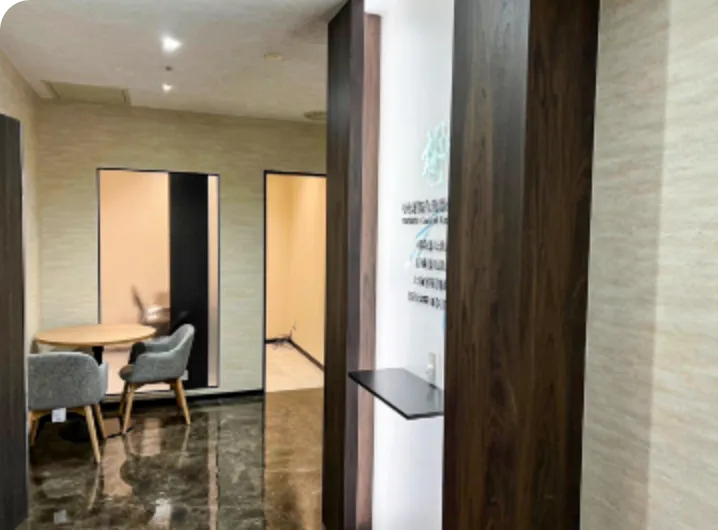Student Visa
Introducing the JLPT
- 2024.05.17

If you have studied Japanese, you may have heard the JLPT and have all sorts of questions about it, so we will give a brief introduction to this exam.
Have you ever wondered what those N1, N2, and so on mean when it comes to learning Japanese?
Well, they are the levels of a test called JLPT, which stands for the Japanese Language Proficiency Test.
JLPT is a way to measure your skills and knowledge of the Japanese language.
In this blog post, we will give you a quick overview of what JLPT is and why you might want to take it.
What is JLPT?
The Japanese Language Proficiency Test, or JLPT, was first held under the joint organization of the Japan Foundation and Japan Educational Exchanges and Services (previously Association of International Education, Japan) in 1984.
The exam aims to evaluate and certify the Japanese proficiency of non-native speakers.
From 15 countries and 7000 participants in 1984 to 62 countries and regions and about 610,000 took part in the exam in 2011, JLPT has become one of the most recognized Japanese language exams.
JLPT has 5 levels: N5 to N1 ranking from easiest to hardest, and different levels have different exam questions.
N5 and N4 test basic Japanese learned in the classroom, while N2 and N1 test the ability to use Japanese in a broad range of scenes in actual daily life. N3 is a bridge level between the above two.
Test participants need to take the test suitable to their level, and the official “Can-do Self-Evaluation List” can help determine that.
Advantages of JLPT
As a foreigner in Japan or who wants to come to Japan, completing JLPT can give you various advantages.
○ Prove your Japanese proficiency when applying for jobs or schools in Japan
One of the biggest use cases for a JLPT certificate is to show your Japanese proficiency to the company or school that you apply to.
Different situations may have different requirements, but most Japanese companies and universities may require applicants to have N2 to N1 level of Japanese proficiency.
※Noted a JLPT certificate does not waive the Examination for Japanese University Admission, or EJU, which is required for foreign students to enter a Japanese university.
Though an N2-N1 level JLPT certificate does waive the Japanese subject on accreditation exam for foreign students in Japanese middle schools.
○ One of the prerequisites for various professional licenses
Becoming a doctor, nurse, pharmacist, etc. required passing the respective national exam in Japan, and to take those exams you need to pass N1 level JLPT.
○ Preferential treatment for immigration to Japan
To attract high-skill workers, Japan’s Highly Skilled Foreign Professional visa gets preferential treatment including 5 years staying period, allows multiple activities, and shortens the domicile period required for permanent residence application to 3 or even 1 year.
Correspondingly, the review for Highly Skilled Foreign Professional visas is stricter than most visas.
Applicants need to meet various conditions to earn points, 70 is the minimum total points to be recognized as a highly skilled professional.
Among those, passing JLPT N2 can get you 10 points and an N1 certificate can get you 15 points.
Compared to other conditions like age, academic background, or yearly salary, this is much easier to achieve.
The process of JLPT
You can take the JLPT both in Japan and in many other countries, though this time we will mostly focus on the process in Japan.
○ Preparation before the test
JLPT has two exam times in a year to choose from, in July and in December respectively.
The exact exam date could change from year to year, so better check the exam date on the official website in early February/ July if you decided to participate.
Then you would need to register and pay for the exam before the deadline of around April/ September.
One month before the exam, the Japanese Education Exchange and Services will mail the test voucher, which is required to take the exam.
○ Contents of the test
The test can be roughly divided into two parts: Language Knowledge and Listening; the former can be further divided into Vocabulary, Grammar, and Reading.
For N5 and N4, Vocabulary, Grammar, and Reading are separate tests, but for N3 or above these subjects are tested together (though points are counted separately).
○ Scoring and Passing
To pass the exam, apart from reaching a certain total grade, each subject needs to be above certain minimum grades as well.
For N5 and N4, both Language Knowledge and Listening above the minimum grade is sufficient; for N3 or above though you need to get Language Knowledge (Vocabulary and Grammar), Reading, and Listening all above each minimum grade.
On the other note, JLPT use “scaled scores”: rather than a “raw score” simply an aggregation of the point of all correctly answered questions, a “scaled point” is determined mathematically to account for changes of difficulty between tests and random chance.
○ Test result
Test results from July’s and December’s tests will be available in early September and early February respectively, and a certificate of the corresponding level will be mailed to each who has passed.
Tests outside Japan may have a different schedule and process.
Some overseas testing locations only have one of the July/December test times available.
Summary
Living in Japan requires some Japanese ability, and if you have confidence in your Japanese then you can take the JLPT to get various advantages.
This time we briefly introduce the JLPT, if you want to know further about how JLPT a certificate can influence your immigration process, or have any other related questions, please feel free to contact us.
We are Yanagi group, which have offices in Osaka (Abeno and Tennoji), and our affiliated offices in Tokyo (Shibuya and Ebisu) are also available for an on-site consultation. We have handled many applications for permanent residence permits, naturalization permits, work visas, college student visas, management visas, etc., as well as visa renewal procedures related to the status of residence with the Immigration Bureau (Immigration Bureau) as a one-stop service. Our experienced administrative scriveners are also available to help you with any problems you may have.
We also have staff members who can speak each of the native languages and can assist you in obtaining a visa.
※If you wish to be consulted in Nepali or Bengali, please inform us in advance via our website or social media, and the translator will contact you ahead of time.
Please feel free to contact us if you have any questions about your status of residence or visa, even if they are trivial.
Toll-free number: 0120-138-552
For English speakers: 080-9346-2991
For Chinese speakers: 090-8456-6196
For Korean speakers: 090-8448-2133
Editor of this article

- Ryota Yanagimoto
- Administrative Scrivener/Judicial Scrivener
At the age of 24, he passed the national examinations for judicial scrivener, administrative scrivener, and wage service manager at the same time.
While working as a full-time lecturer at a major prep school, he independently opened a legal office related to judicial scriveners and administrative scriveners,
and he has experience as a judicial scrivener and an administrative scrivener for more than 15 years so far.
He has been actively contributing to various industries such as publicly listed companies, real estate companies, financial institutions, elderly care services, and professional organizations by conducting seminars, lectures, and talks.
And now he has a record of over 60 presentations so far.
Furthermore, as the president of a Japanese language school announced by the Ministry of Justice and Acts, and an advisor to a real estate company (capable of handling foreign clients),
he has been involved in various aspects of industries related to foreigners.
It is recommended to consult with experts when it comes to visas, naturalization, and residency matters.

Our office has specialized experts in visa and naturalization applications who are available to assist with free consultations (limited to the first session) and inquiries related to various visa applications and naturalization applications.
Additionally, we have foreign staff proficient in English, Chinese, and Korean languages with specialized knowledge, and they are present to provide support. They can accommodate consultations and inquiries in each language. Feel free to use our free consultation and inquiry services from here.





















 0120-138-552
0120-138-552 Free
Consultation
Free
Consultation Contact Us
Contact Us